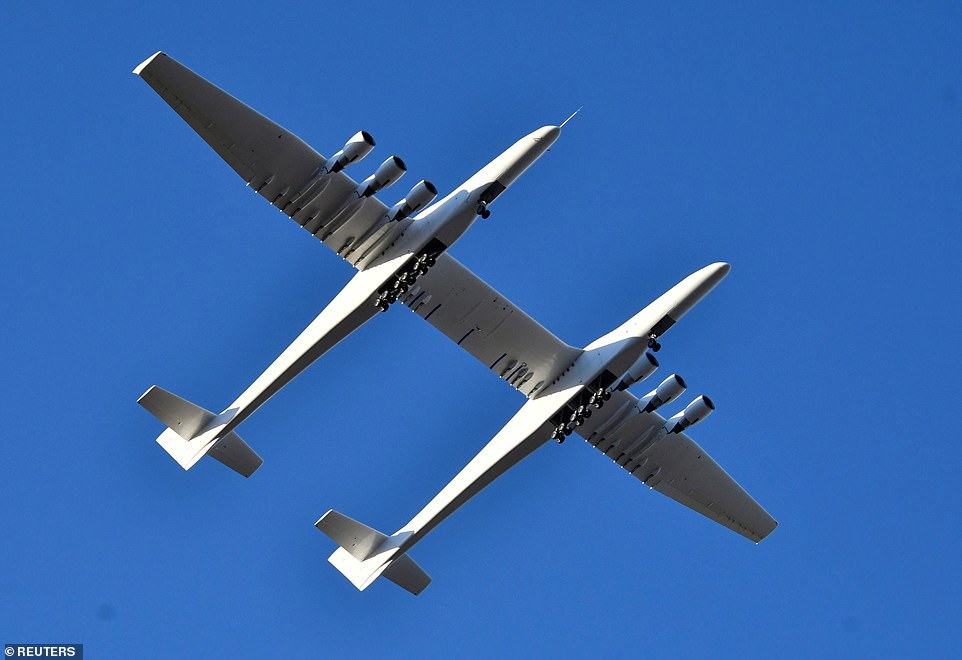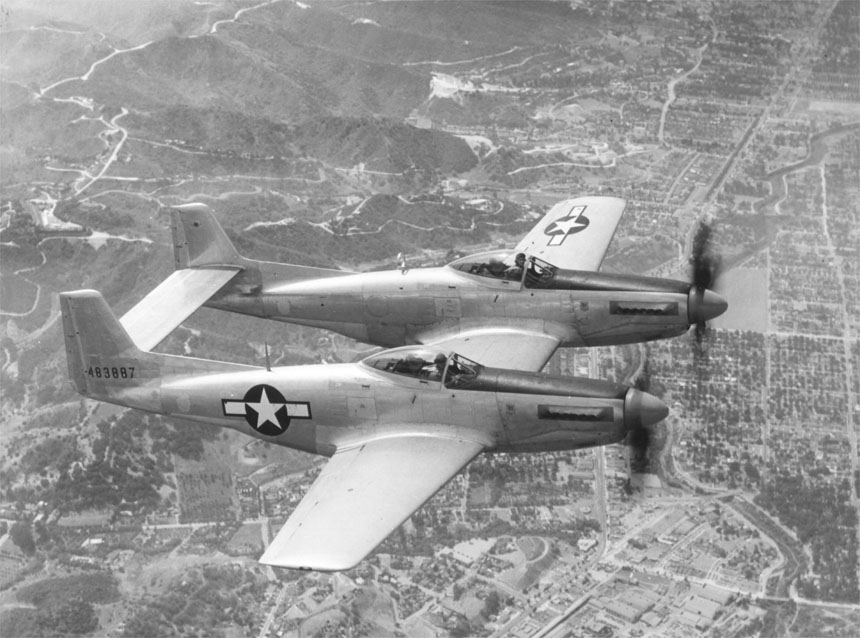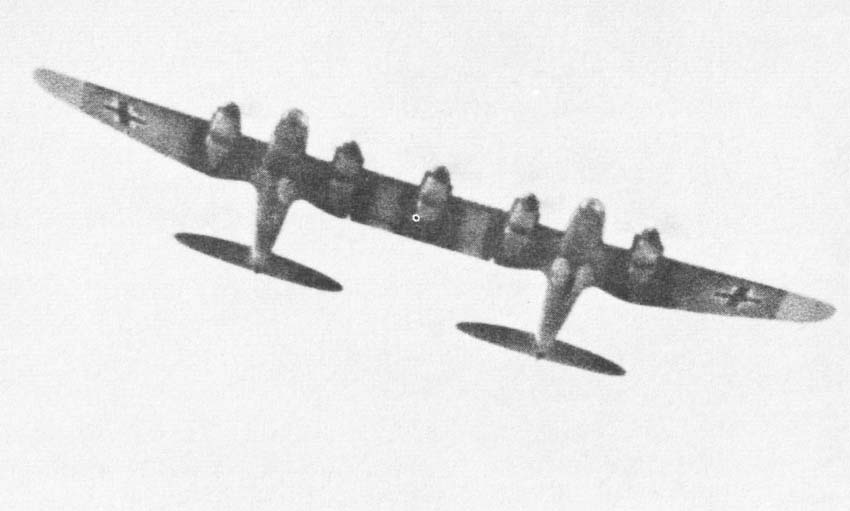There is indeed an Eigenmode possible on the Stratolaunch which does not exist on regular airplanes: If the two fuselages pitch in opposite direction, thereby twisting the center wing. If that happens at the torsional eigenfrequency of the center wing, flutter might be possible.
 Stratolaunch in flight (picture source)
Stratolaunch in flight (picture source)
Given the pitch damping of the horizontal tails, however, this scenario is rather unlikely. I bet the elevators have plenty of mass balancemass balance to avoid this flutter case. Underbalanced, their dynamic response would support flutter, but overbalancing would dampen this flutter mode. Connecting the tails would not make much of a difference and would even reduce pitch damping somewhat in the above mentioned case.
Similar configurations used both, a connection horizontal tail (F-82 Twin Mustang) or individual tails (He-111 Zwilling).
North American F-82 Twin Mustang (image source)
Heinkel 111 Z (image source)


